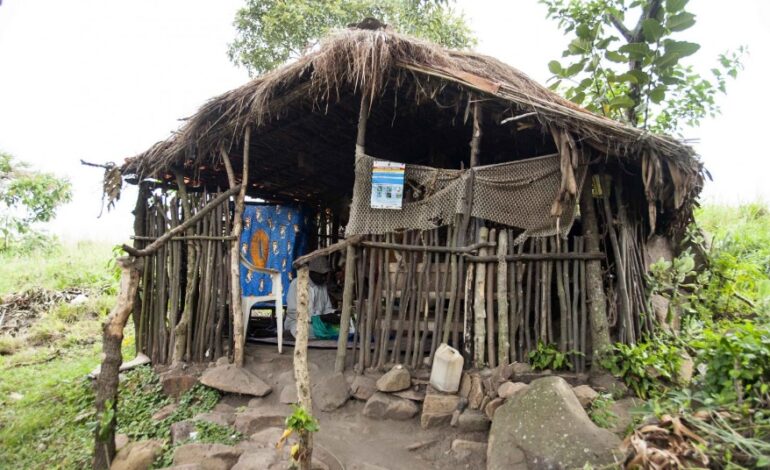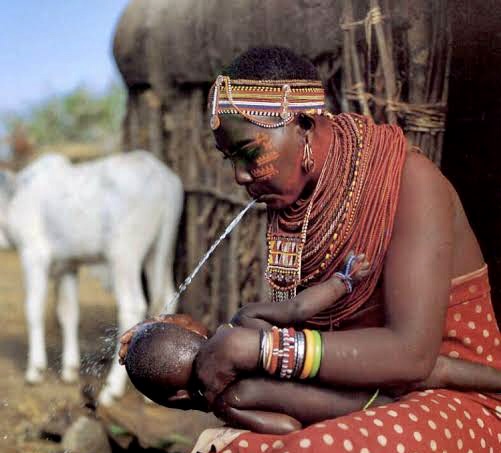
Faith Nyasuguta
In several cultures, spitting results from irritation, disregard or disagreement. This, however, is the opposite among the Maasai tribe of Kenya and northern Tanzania.
Despite this tribe making only about 1% of the population, they are internationally recognised and have become a tourist attraction. Their unique cultural practices and authentic way of life has been featured in many popular African series, such as The Gods Must Be Crazy.
To most people around the world, spitting at someone is not only uncultured and disgraceful but also a very offensive act. Surprisingly, this is not the case with the Maasai.
The Maasai are a nomadic group of people resident in Kenya and northern Tanzania in Eastern Africa. Though they are only about 1 percent of the population, they are known to be one of East Africa’s most widely known tourist attractions.
SPITTING AS A SHOW OF RESPECT
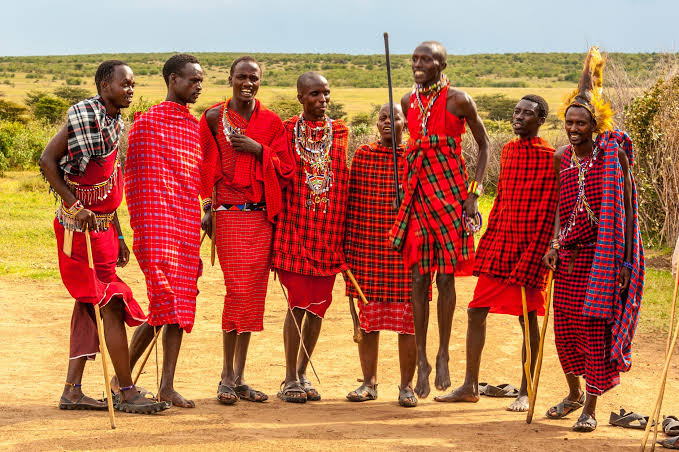
For the Maasai, spitting is a sheer sign of respect. The act is done to either greet one another, agree to a deal, or to simply wish someone good luck. When greeting, the Maasai spit on their palms before shaking hands. This depicts giving a blessing or an endorsement to someone.
Parents, family members, and even friends spit on newborn babies to wish them good luck and a long life.
SPITTING ON THE BRIDE
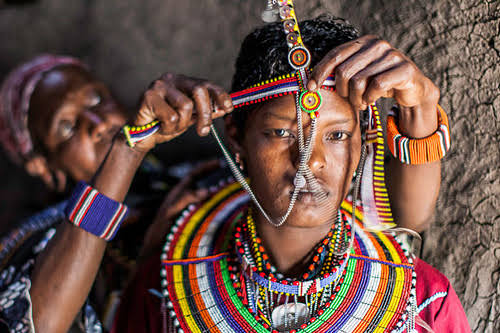
This is a common practice during the Maasai weddings. On the wedding day, the bride’s head is shaved and lamb fat and oil are applied on her head. The father of the bride then blesses his daughter by spitting on her forehead and breasts.
Spitting among the Maasai is basically seen as a cultural norm although many anthropologists have condemned it for the tendency of disease spread.
WHAT IS MAASAI TRIBE FAMOUS FOR?
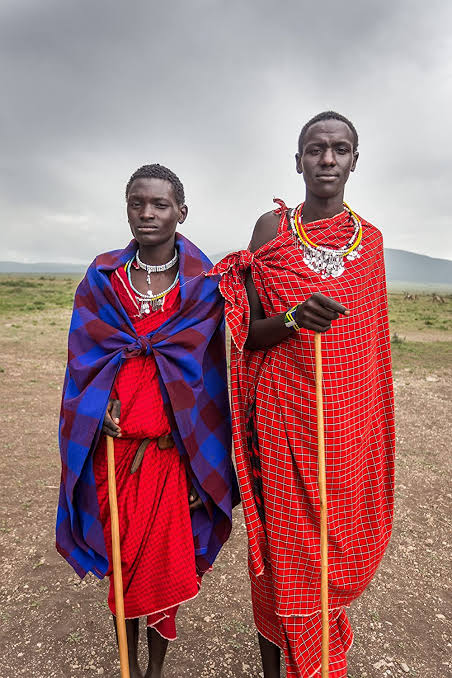
The Maasai have a distinctive fashion style. They are often dressed in red sheets, also known as shuka. This is wrapped around their bodies with lots of beads and jewelry around their arms and neck.
They also have vast grazing lands and terrains which easily sustain their nomadic way of life. They depend on large herds of cattle as their source of food and wealth.
Most of them practice this nomadic pastoralism while others make a living in the tourism sector, showcasing their culture to tourists.
Presently, they occupy a much smaller area in Kenya’s Kajiado and Narok districts as their vast territory has been claimed by some of Kenya’s game reserves. The Maasai is one of the most unique tribes in Africa for its well-preserved culture.



